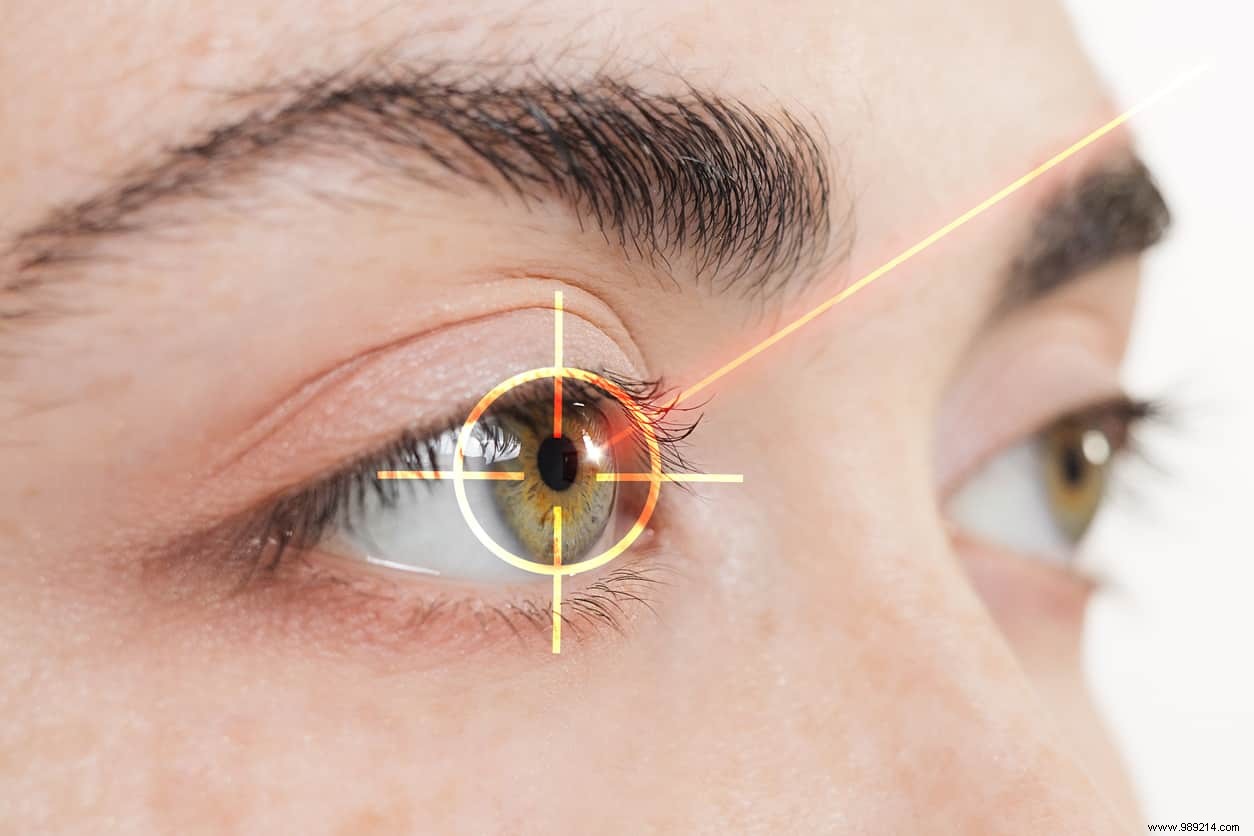Without prompt treatment, a heart attack can be fatal. According to a recent study, it will nevertheless soon be possible to analyze scans of a retina in order to prevent risks to the heart. This banal examination is already widely used by ophthalmologists to diagnose and monitor eye diseases.
Cardiovascular disease is the leading cause of premature death in the world. According to a document from the French Federation of Cardiology, there would be in our country no less than 50,000 premature deaths due to cardiac arrest each year. However, one of the signs announcing this type of cardiovascular disease is the modification of the blood vessels of the retina.
The University of Leeds (UK) has also piloted a study on the subject published in the journal Nature Machine Intelligence on January 25, 2022. According to the researchers, the analysis of patients' retina scans could indeed predict the risk of heart attack . However, it is important to remember that the retinal scan is a banal routine examination that ophthalmologists already use for the diagnosis and monitoring of eye diseases.
As the scientists explain, an artificial intelligence was trained (deep learning) using a bank of 5,000 retina images . This same AI also integrated the markers to be recognized to predict heart attacks. According to the results, the AI was effective with a success rate of between 70 and 80%.

For researchers, this technique would revolutionize screening for heart disease . In addition, retinal scanners are quite affordable and are already present in many optician's offices. Thanks to automated screening, patients at high risk of heart attack could be referred to specialized services.
In fact, the AI can evaluate the size of the left ventricle of the heart looking only at retinal scans. It must be said that the hypertrophy of this ventricle is synonymous with a greater risk of heart attack. However, currently, this observation is only possible with the help of an echocardiography or an MRI of the heart. Thus, a simple routine visit to the ophthalmologist would be an opportunity to detect these risks very quickly . This possibility would then make it possible to start preventive treatments much earlier and thus further limit premature deaths.